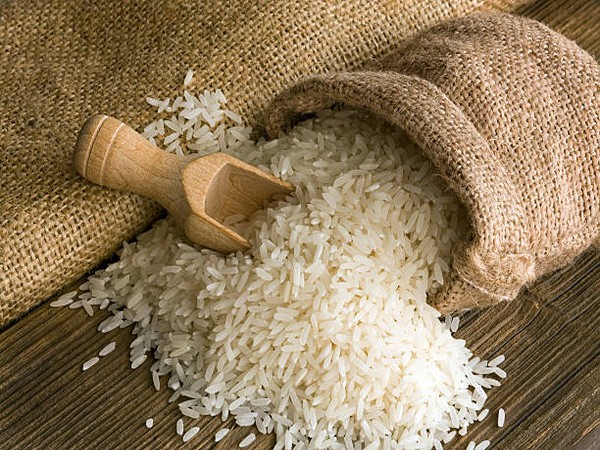India Lifts Minimum Export Price on Basmati Rice to Boost Farmer Incomes
The Union Government has removed the minimum export price threshold for basmati rice, aiming to enhance farmers' incomes and promote exports. The decision follows considerations of domestic rice availability and trade concerns. Authorities will monitor pricing transparency. Recent measures also include raising duties on refined oil to support crop demand.

- Country:
- India
The Union Government has scrapped the minimum export price threshold for basmati rice exports, the Ministry of Commerce and Industry announced Saturday. This move intends to uplift farmers' incomes by facilitating the export of India's premier GI-tagged basmati rice variety. The government emphasized that adequate domestic rice supplies and existing trade concerns influenced the decision.
The Agricultural and Processed Food Products Export Development Authority (APEDA) will vigilantly oversee export contracts to avert unrealistic basmati rice pricing and ensure transparency in export practices. In August 2023, a floor price of USD 1,200 per metric tonne (MT) was temporarily established for basmati rice exports in response to a constrained domestic supply and increasing domestic rice prices, and to prevent the misclassification of non-basmati rice as basmati rice during exports, given the prohibition on exporting non-basmati white rice to meet domestic demand.
After representations from trade bodies and stakeholders, the government reduced the floor price to USD 950 per MT in October 2023. Additionally, Agriculture Minister Shivraj Singh Chouhan announced via social media platform 'X' that an increase in the basic duty on refined oil to 32.5 per cent aims to bolster demand for mustard, sunflower, and groundnut crops, thus potentially increasing farmer incomes.
'The Modi government is dedicated to farmers' development, with a new duty increase on refined oil to 32.5% to invigorate demand for mustard, sunflower, and groundnut crops, ensuring better prices for farmers and fostering employment through the growth of rural refineries,' Chouhan stated. The government has also upped the import duty on edible oils from 0% to 20%, resulting in a 27.5% total effective duty.
'This will boost soybean meal production for export and benefit other soy-related sectors,' Chouhan added. On Friday, the government also removed the MEP on onions, following forecasts of a robust kharif crop and favorable monsoon, stabilizing market conditions.
The previous export prohibition on onions was lifted on May 4, allowing exports with a USD 550 per tonne MEP and a 40% export duty. These restrictions were lifted on Friday, benefiting farmers. (ANI)
(With inputs from agencies.)










